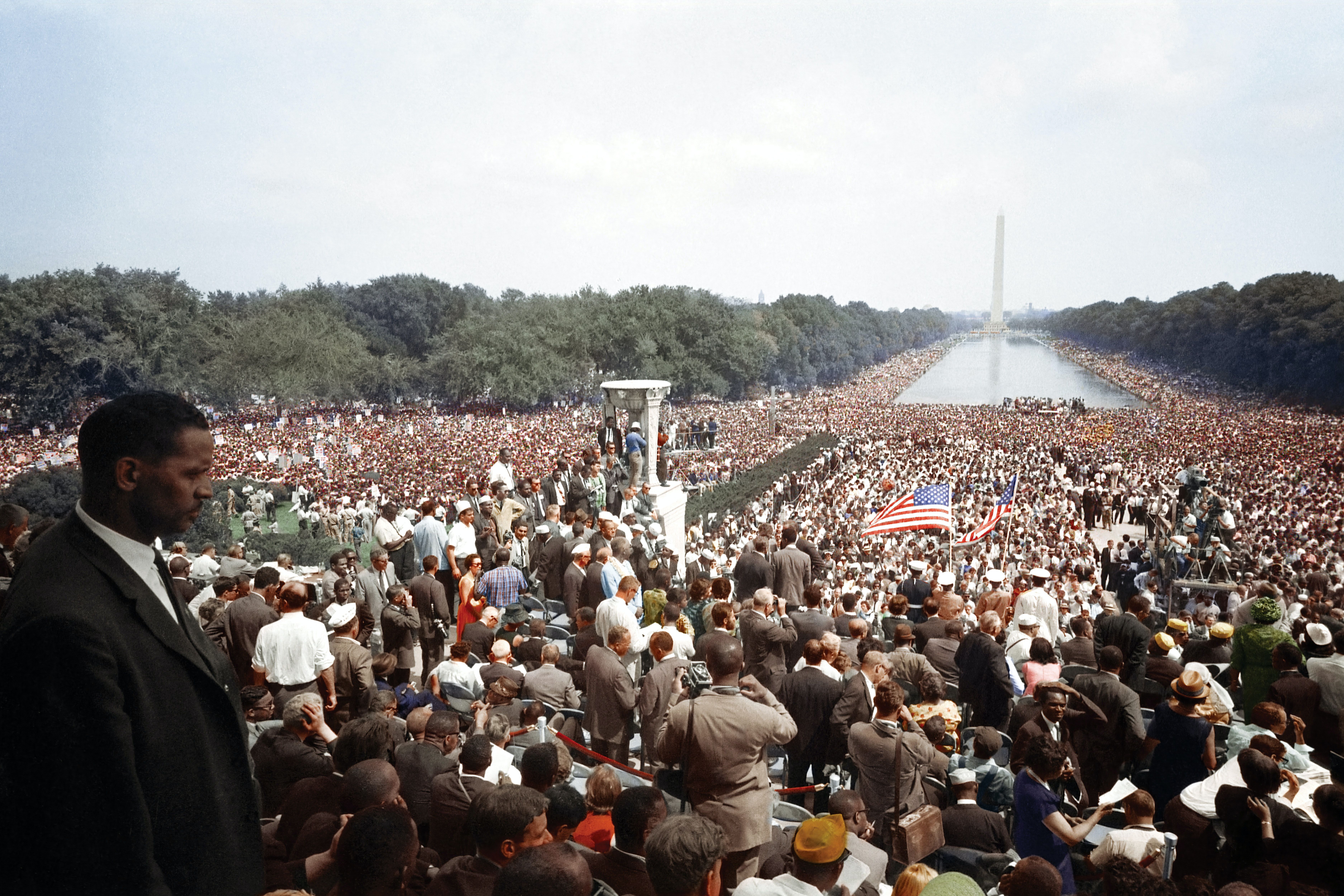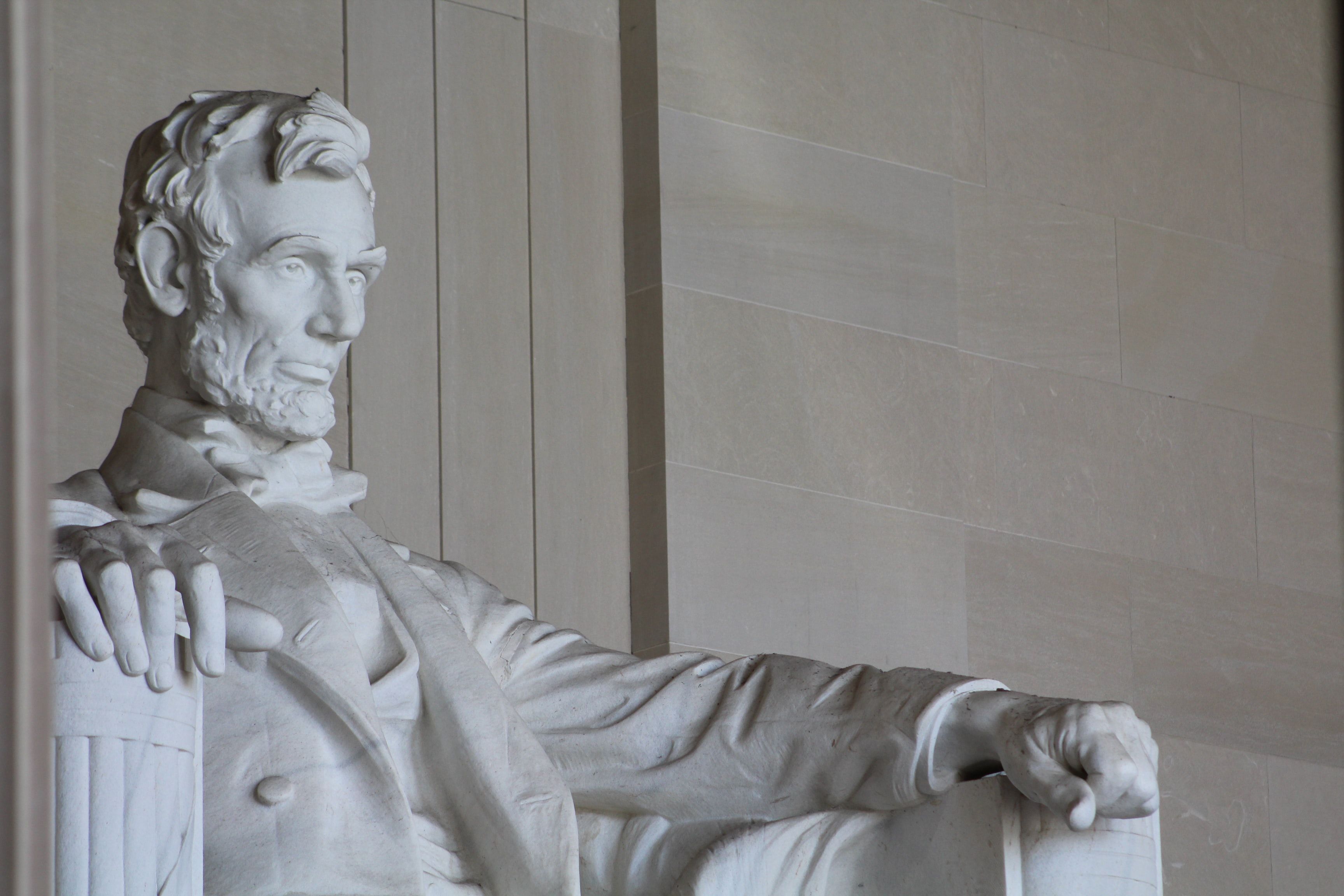
AP US History Exam: The Ultimate Guide 2025
Ace the AP US History exam, or APUSH, with expert tips. Learn what to expect, how to study effectively, and what to bring for the digital AP exam.

This blog was originally published on May 12, 2022 and has been republished with updated information.
The AP U.S. History exam is considered one of the toughest due to the quantity of knowledge/memorization needed to excel as well as the amount of writing required on the test. And if you’re reading this in preparation for the test, you know just how intense this course can be! Learn how to be successful on the AP US History exam with effective study habits.
What is APUSH?
The AP US History Exam (or APUSH) covers the rich American story from the Native Americans to the present day. The exam contains a multiple-choice section, short and long essay questions, and one document-based question. Students must be able to recall specific historical facts, as well as form arguments about significant developments in the nation’s history.

What is on the AP US History exam?
The AP US History course consists of 9 units, each covering a different time period of American history and all of them are tested on the exam. Here they are, courtesy of the college board:
- Unit 1: 1491-1607
You’ll learn about Native American societies as well as how and why Europeans first explored, and then began to colonize, the Americas.
- Unit 2: 1607-1754
You'll study the colonies established in the New World by the Spanish, French, Dutch, and British.
- Unit 3: 1754-1800
You'll explore the events that led to the American Revolution and the formation of the United States and examine the early years of the republic.
- Unit 4: 1800-1848
You’ll examine how the young nation developed politically, culturally, and economically in this period.
- Unit 5: 1844-1877
You’ll learn how the nation expanded and you’ll explore the events that led to the secession of Southern states and the Civil War.
- Unit 6: 1865-1898
You’ll examine the nation’s economic and demographic shifts in this period and their links to cultural and political changes.
- Unit 7: 1890-1945
You’ll examine America’s changing society and culture and the causes and effects of the global wars and economic meltdown of this period.
- Unit 8: 1945-1980
You’ll learn about the rivalry between the Soviet Union and the United States, the growth of various civil rights movements, and the economic, cultural, and political transformations of this period.
- Unit 9: 1980-Present
You’ll learn about the advance of political conservatism, developments in science and technology, and demographic shifts that had major cultural and political consequences in this period.
But just as important as the content are the analytical thinking and writing skills required by the exam. According to the college board, these are the skills students need to learn in the course and apply on the exam.
- Evaluating primary and secondary sources
- Analyzing the claims, evidence, and reasoning you find in sources
- Putting historical developments in context and making connections between them
- Coming up with a claim or thesis and explaining and supporting it in writing
How many questions are on the AP US History exam?
There are 55 questions on the multiple choice section of the AP US History exam, 3 short answer questions, and 2 longer free response questions, one of which is a document based question (DBQ).
How long is the AP US History exam?
The duration of the AP US History exam is 3 hours and 15 minutes. Students are allotted 55 minutes for the multiple choice, 40 for the short response, and 1 hour 40 minutes for the free responses.

Is it hard to get a 5 on the AP US History exam?
Yes, it’s hard to get a 5 on the AP US History exam. Historically the APUSH exam was considered one of the harder AP exams due to the amount of memorization and writing skills required. It had a lower pass rate compared to others. It still has one of the lowest rates of earning a 5 among all APs, but due to changes to the scoring rubric, a much higher percentage of students now pass the exam.
What is the average score for AP US History?
In 2024, the largest percentage of students earned a 3 or 4. In total, 72.2% earned a 3 or higher which was a huge difference from 2023. This is in part due to the scoring changes mentioned above.
What percent of students earn a 5 on APUSH?
In 2024, 12.8% of students earned a 5 on the APUSH exam.
When is the AP US History Exam in 2025?
The AP US History Exam will take place on Friday, May 9, 2025 at 8am local time.
What to Bring to the AP US History Exam
The AP US History Exam is one of many AP exams that is fully digital starting with the May 2025 test date. This means what you need to bring has changed from past years. College Board says that all students taking a digital exam should bring:
- a government-issued of school-issued photo ID (if you are not taking the exam somewhere other than your school)
- a watch (but not a smart or Apple watch)
- Fully charged testing device and charging cord (if your testing school isn’t providing one for you).
- College Board account login information to log in to Bluebook.
- Pencils or pens for taking notes on school-provided scratch paper.
- External mouse (optional).
- External keyboard: This is required if you’re taking a fully digital exam on a tablet. External keyboards aren’t allowed if you’re testing on a laptop.
You no longer need to bring an SSD Eligibility letter for approved testing accommodations as these will be pre-configured in your Bluebook account. Here’s more information on accommodations.

US History Digital Exam
AP US History digital exam format
The AP US History (APUSH) digital exam format is the same as the paper test and consists of two sections:
Section 1:
- Multiple choice questions. 55 questions. 55 minutes.
- Short answer questions. 3 questions. 40 minutes
Section 2:
- One Document-Based Question (DBQ). 60 minutes.
- One long essay question. 40 minutes.
How long is the digital AP US History exam?
The digital AP US History exam is 3 hours and 15 minutes, the same length as the paper test.
How to study for the APUSH exam
Tip 1: Find a Friend and Teach Them APUSH!
Teaching others actually helps you learn better. “Students who spend time teaching what they’ve learned go on to show better understanding and knowledge retention than students who simply spend the same time re-studying” according to the British Psychological Society.
First, I want you to select the topic you have avoided. You know, the one that is “boring” or “hard” and conquer it by teaching yourself well enough to teach a friend! Preferably, find a friend who is unfamiliar with APUSH like a parent or a younger sibling. Speak and write thematically for your student and use the visuals from class that are meant to trigger your memory.
Here’s an example: Manifest Destiny.
First, define the concept: White America was divinely ordained to expand to the West and conquer the entire North American continent. Next, break it down: divine means G-d wanted the people to do it. Westward Expansion encompassed the push and pull factors--economic development, agricultural machinery, growing population, the Homestead Act, to name a few--which collectively motivated folks to go westward. Finally, offer a visual as an easy way for your friend to remember the concept. American Progress is the perfect painting to show how folks were guided west by a heavenly woman.
Tip 2: Divide & Conquer Terms into Facts & Concepts
Step 1: Divide
Open a new spreadsheet on your computer. Type out 50 terms you need to learn in your review for the exam. Then label one column “Facts” and label the second column “Concepts”. Facts are pieces of information. Concepts are abstract ideas. Why make the columns? I’ll tell you!
The amount of information needed for the exam can be overwhelming. Yet, labeling your terms helps organize them more effectively in your brain. It’s also easy to tell yourself to simply memorize a fact as opposed to understanding a concept. For example, for the sake of reference, it is helpful to know the date that the framers signed the Declaration of Independence. 1776. That date is a fact. No need to overthink it.
A concept, however, requires a bit more brain power. For example, Manifest Destiny is a concept. Yes, it is helpful to commit the definition to memory as we demonstrated above.
However, the concept of Manifest Destiny requires more of a deeper understanding including Divine Intervention, Western Expansion, and the push and pull factors driving movement on the North American continent.
Step 2: Conquer
Now that you have divided the terms into two separate columns, it is time to conquer the terms. The facts should be written on index cards or punched into Quizlet and then committed to memory. If you find that the fact requires deeper thought, context, or understanding, it could be a concept. Slide the term over to the concept column. The concept you should teach to a friend like we demonstrated in Tip 1.
Tip 3: Write, Write, Write, Write, and Write Some More!
You should be practicing your writing for the Short Answer, Long Essay, and DBQ portions of the exam by finding as many old exams and practice essays as you can. Practice writing your thesis. Practice outlining the bodies. Practice keeping your transition sentences clear and crisp. And, practice a strong conclusion. You can do so by using resources provided by the College Board like the Free Response Questions of years past. A plan of action I would suggest would be: start with Short Answers then complete the Long Essay and outline the DBQ. Then the next day flip. Complete all the Short Answers, but complete the DBQ and outline the Long Essay. This practice will keep you sharp and confident for test day.
Not sure you can commit to writing every day before exam day? Pay very close attention to how you’re writing in APUSH essays and in other classes, doing your best to write all your essays in a way that gets straight to the point.
Final Words
Knowing American history helps to shape our understanding of our present and future, which is an important education to have nowadays. Essay writing is also a lifelong skill, and above all, a college requirement. As long as you work hard to define the terms, explain the concepts, and keep your writing short and sweet, the APUSH exam won’t be as scary as you think! Of course, If you feel you need support, Ivy Tutors Network is more than happy to help. Our AP US History tutors have helped countless students score 5’s and 4's on their APUSH exams, excel in their AP courses, and earn college credit along the way!




